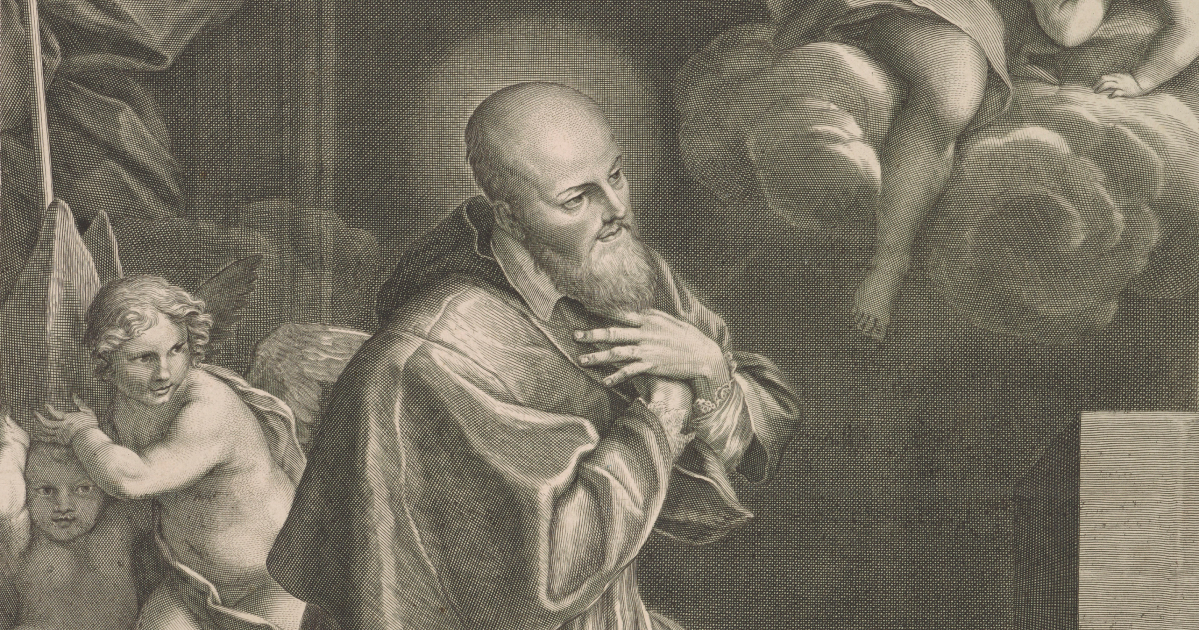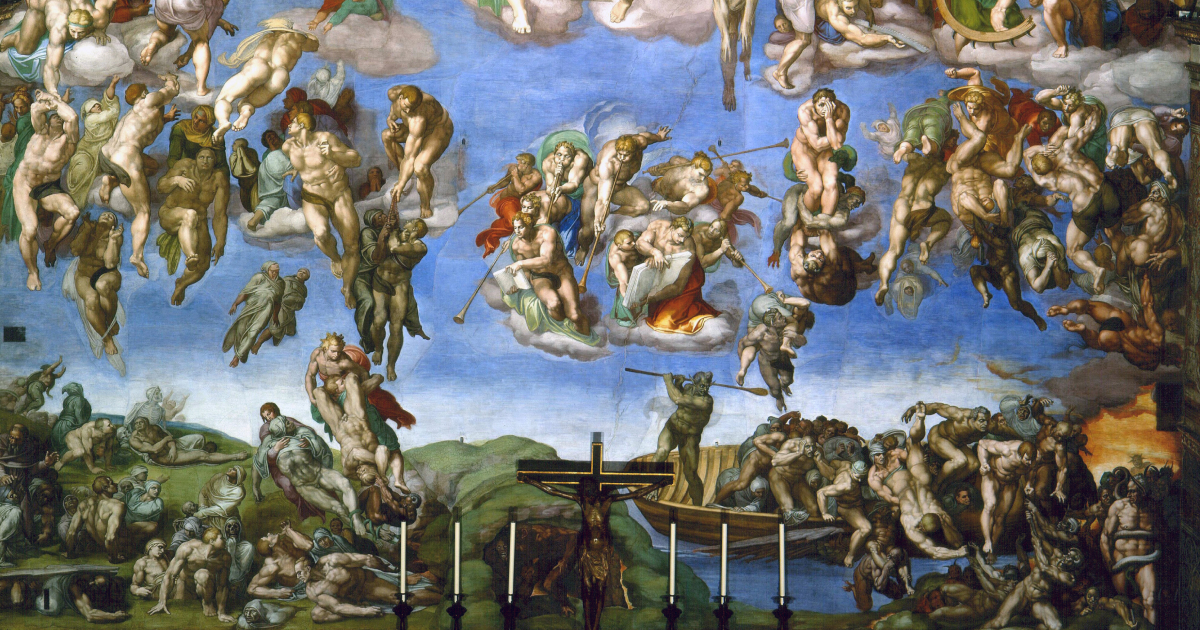An international coalition of Catholic associations has delivered an open letter to Pope Leo XIV urging him to revoke the Vatican documents relating to blessings of same-sex couples and to Communion for the divorced and remarried, warning that a “powerful lobby” is seeking to alter Catholic teaching.
The “filial appeal”, dated 15 September and presented to the Pope by courier this week, calls on him to revoke Fiducia Supplicans (2023) – while reaffirming that homosexual acts are “objectively and intrinsically disordered” – and to annul Amoris Laetitia (2016), due to its controversial interpretation by some bishops on access to the sacraments of the Eucharist and Reconciliation for divorced persons or who have civilly remarried.
The appeal comes after the release of a Crux interview with Pope Leo, in which the pontiff states that while all are welcome in the Church, it was “highly unlikely” that its doctrine on sexuality or marriage would change. He repeated that marriage is a lifelong union between a man and a woman, while stressing the importance of changing attitudes and avoiding polarisation.
The petition is backed by 25 associations tracing their inspiration to the Brazilian intellectual and activist Plinio Corrêa de Oliveira, founder of the conservative movement Tradition, Family and Property (TFP). The signatories include organisations in North and South America, Europe, Africa and Asia.
Originally established as a lay movement to oppose communism and defend traditional Catholic values, TFP grew into a network of affiliated associations across Latin America, Europe, North America and beyond. The movement is marked by its public campaigns, street demonstrations and strongly worded publications, often targeting what it sees as moral and social decline in the West.
This is not the first such initiative of theirs. A decade ago, in 2015, the same coalition organised a filial appeal to Pope Francis ahead of the synods on the family, warning that ambiguity about Communion for the divorced and remarried could open the door to acceptance of homosexual unions. That petition drew more than 850,000 signatures, including over 200 bishops. Francis never formally responded.
The new letter accuses senior prelates of undermining Church doctrine, citing Cardinal Jean-Claude Hollerich of Luxembourg, who has called Catholic teaching on homosexuality “incorrect”. The German Synodal Path is also singled out for its proposals to revise the Catechism.
Among others criticised are US Cardinal Robert McElroy, English Dominican Cardinal Timothy Radcliffe, Jesuit Father James Martin and Sister Jeannine Gramick, all noted for their public advocacy on questions of sexuality relating to Church teaching.
The signatories point to recent events in Rome, including the entrance of more than 1,000 LGBT pilgrims into St Peter’s Basilica during a Jubilee pilgrimage earlier this month, and a private papal audience between the Pope and Father James Martin, the US-based noted LGBT activist.
They also cite a homily given by Italian Bishop Francesco Savino, in which the bishop said the Pope personally asked him to preside at a Mass for LGBT Catholics during a Jubilee pilgrimage.
TFP itself has long been surrounded by controversy. Its founder, Corrêa de Oliveira, is allegedly treated by followers with a devotion bordering on cultic, and after his death in 1995 the movement split into rival factions. Court battles followed over the use of the TFP brand name, ultimately won by Monsignor João Clá in Brazil, who went on to establish the Heralds of the Gospel in 2001.
Critics have long alleged that elements within the TFP movement display traits more akin to cultism than to mainstream Catholic activism. From its roots under Plinio Corrêa de Oliveira, accusers point to practices they describe as esoteric, even “pagan-like", suggesting that an exaggerated devotion to its founder borders on the unorthodox.
Some former members have claimed that “tradition” is used as a façade to mask highly insular and rigid internal structures. The TFP groups firmly reject such characterisations, insisting they are loyal defenders of Catholic orthodoxy.
Despite these divisions, the network of groups continues to exert influence within Catholic traditionalist circles worldwide.
Quoting St Augustine in their appeal to the Pope, the signatories declare: "To do the truth is not only to say what is true, but also to practice it before many witnesses.”
RELATED: Pope Leo on LGBT: all welcome but Church teaching 'will continue as it is’
Photo: Cardinal Lorenzo Baldisseri (left) and Cardinal Christoph Schonborn pose with a copy of the post-synodal apostolic exhortation on the gifts and challenges of family life entitled 'Amoris Laetitia', Vatican, 8 April 2016. (Photo credit should read ALBERTO PIZZOLI/AFP via Getty Images.)





.jpg)











